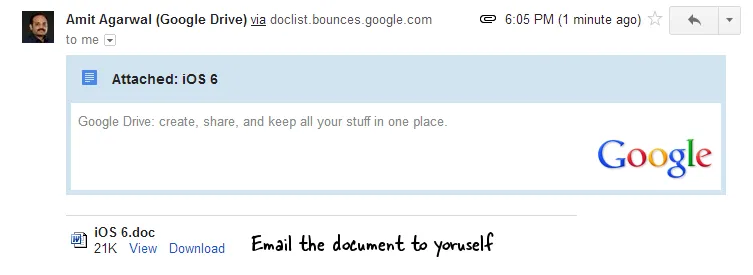Google Docs has recently dropped support for older Office file formats (.doc, .xls and .ppt) in favor of the newer file formats like docx, .xlsx and .pptx.
You can still import your old .doc documents or .ppt presentations into Google Docs but if you are to export any of these files out of Google Docs, you’ll have to choose the new {doc|ppt|xls}x formats that are natively supported in Office 2007 and later.
 Google Docs still supports the old Microsoft Office file formats
Google Docs still supports the old Microsoft Office file formats
Download Google Docs in Old Office Formats
The newer file formats are definitely better but if some of your clients are still running the older versions of Microsoft Office, here’s how you can make your Google Docs documents compatible with their version of Office.
Option 1: Ask them to install the Office Compatibility Pack. This pack will allow users of Office XP and Office 2003 to open and edit files that are saved in the new Office formats.
Option 2: Save the files out of Google Docs as docx and then use any of the online conversion tools (for example, Zamzar) to convert these files back to the old format.
Option 3: Abhishek discovered a better solution. You can email any document, spreadsheet or presentation from Google Docs to yourself as an email attachment and Google will send you that file in the old Office formats (see screenshot).
To email a document from Google Docs, go to File -> Email as Attachment and then choose the appropriate format from the dropdown.
Bonus Tip: You can change the extension of a .docx file to .zip and it can then be viewed inside any web browser without even requiring Microsoft Office or Google Docs.


